Parkinson's disease, a condition that can impair movement and coordination, affects over 10 million people worldwide. And with around 60,000 Americans being diagnosed every year, we're on track to see almost one million Parkinson's afflicted Americans by 2020.
Thankfully, there are now researchers utilizing advanced technology like augmented reality to possibly address the quality of life of those impacted by the condition.
- Don't Miss: Stanford Children's Hospital Experiments with Magic Leap One to Reinvent Medical Training Simulations
London-based Magic Lines is a software startup actively pursuing the goal of increasing the mobility of people suffering from mobility disorders. Parkinson's, and similar neurodegenerative disorders like dementia, can cause a person to have difficulty walking. This is often a side effect of treatment, or because of the disease itself, due to how the brain's neural pathways become compromised.
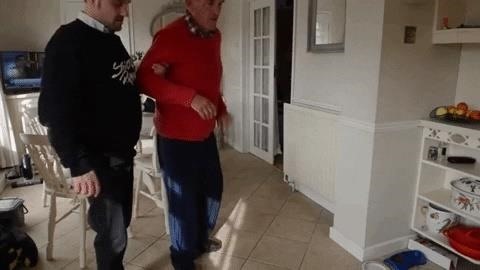
"A person with Parkinson's disease (PD) may experience visual, cognitive and mobility challenges as symptoms progress or as side effects from certain medications. Compromised vision can make it difficult to distinguish objects, perceive depth and safely maneuver a space while cognitive changes may make previously automated tasks (such as walking) more cumbersome. Visual cues, however, can help a person with PD stay on track," according to The Parkinson's Foundation's website.
Using the aforementioned visual hack, inventor Tom Finn found that colored lines helped his father (who suffers from dementia) to walk again. And that's when he knew he had a real opportunity on his hands. Why? Well, even if you cover your entire home in colored lines, an affected person might also like to leave their home to exercise their newfound mobility.

That's where augmented reality comes in. In AR, colored lines can be added to any surface, and that's exactly what the Magic Lines app does. After partnering with AR/VR development company Apache, Finn and his Magic Lines team initially began developing an AR app for HoloLens.
Eventually, they migrated the app to the Magic Leap One and Finn took it home to test on his father. The result was impressive: his father's mobility was significantly improved.

Magic Lines is also part of Magic Leap's Independent Creator Program, under the Health & Wellness category. This year, Magic Leap's incubation program has enabled various developers to see their AR projects come to life, like ONTOP Studios' AR puzzle solving game PuzzlAR.
But Magic Lines, in particular, is a fantastic example of how AR isn't just a fun toy to play with, but a real means of improving the lives and wellbeing of people around the world.
There are currently no specifics for when or if the app will be deployed commercially, how much it will cost, and if there are any medical professionals stepping forward to back the research. But in the meantime, y0u can continue to follow Magic Lines' progress on Instagram.
Just updated your iPhone? You'll find new features for Podcasts, News, Books, and TV, as well as important security improvements and fresh wallpapers. Find out what's new and changed on your iPhone with the iOS 17.5 update.
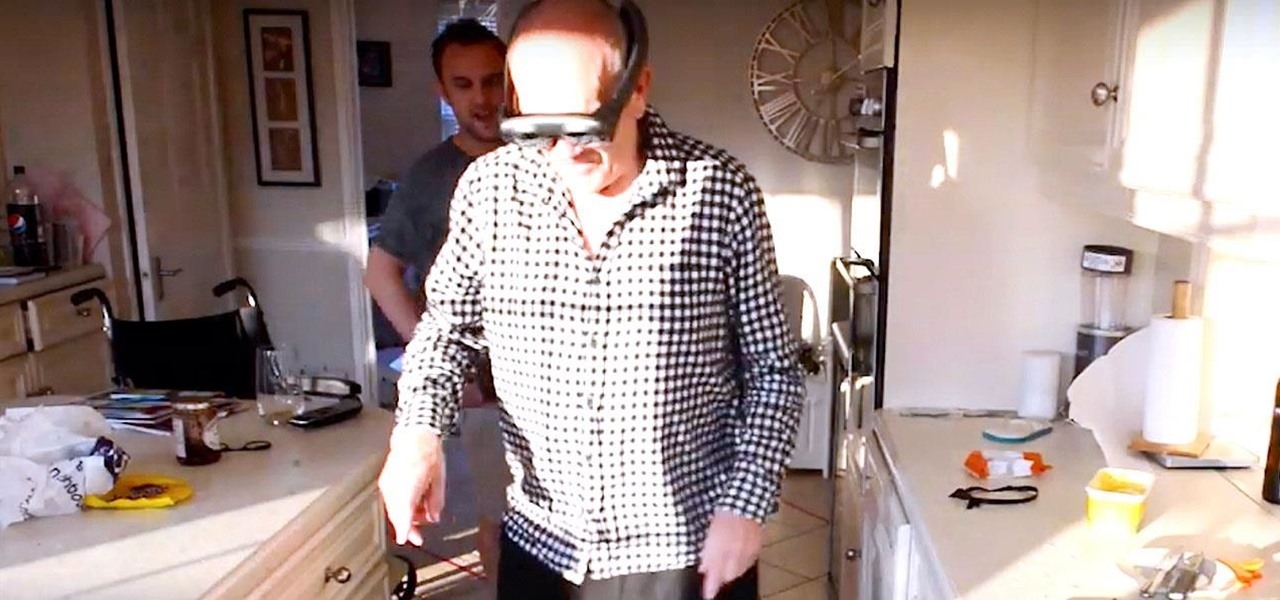


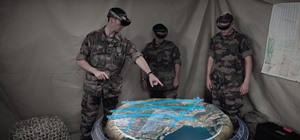
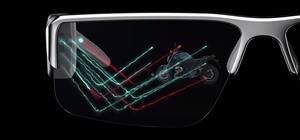

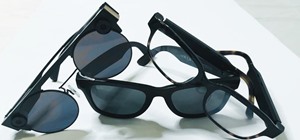
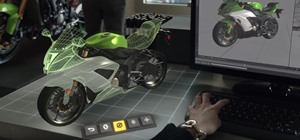


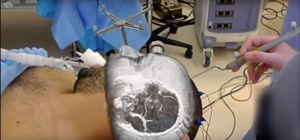
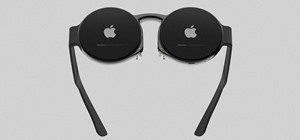



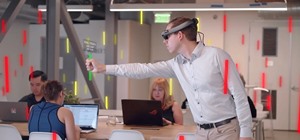


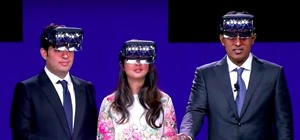



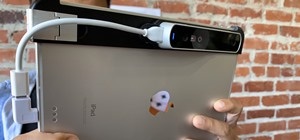
Be the First to Comment
Share Your Thoughts